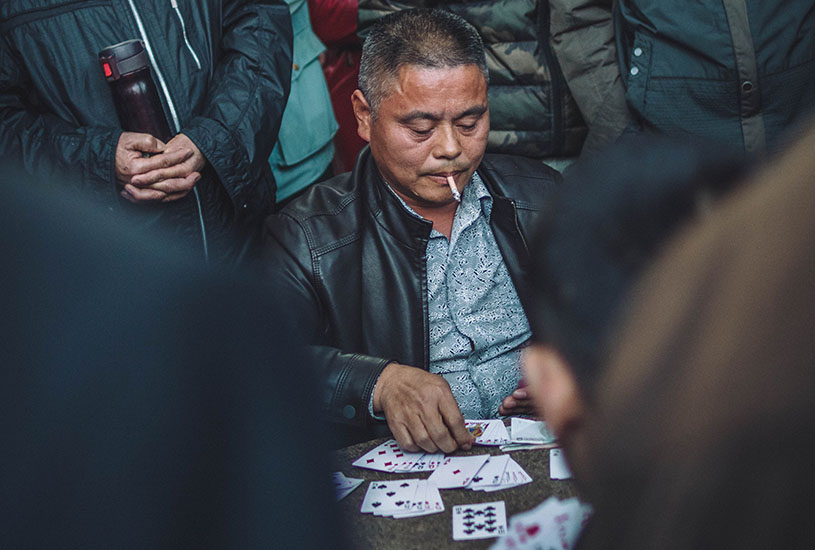Most Victorians believe gambling products are harmful and tougher regulations are needed, according to new Deakin research.
A survey of 500 Victorians on their attitudes towards gambling harm and harm reduction strategies found 40 per cent of participants were at risk of gambling harm and almost all agreed more should be done to regulate the gambling industry.
The research from Deakin University’s Centre for Population Health Research (CPHR), published in “Harm Reduction Journal” is the first of its kind to ask people to rate the perceived harm associated with different types of gambling.
Participants considered casinos the most harmful, closely followed by pokies, then horse racing and sports betting.
“However, despite a perception that pokies were harmful, one in five participants reported gambling on pokies at least monthly,” lead researcher Associate Professor Samantha Thomas said.
“The same proportion of participants also said they engaged in sports betting at least once per month.
“This suggests that despite community awareness of the potential harms caused by gambling, other factors – such as their convenience, availability and persuasive promotional campaigns – seem to be enticing people to engage with them anyway.
“It’s these other factors that need to be addressed more effectively.”
Previous research conducted by Associate Professor Thomas and her team has found widespread marketing of sports gambling products contributed to the normalisation and acceptance of sports betting among Australian men aged 20 to 37.
It has also revealed disturbing findings on the effects of gambling marketing and products on children, with children as young as six able to identify different gambling companies’ brands and advertisement plotlines, and describe the features of a poker machine, despite regulations that bar them from the gaming floor.
According to figures from the Victorian Responsible Gambling Foundation, total gambling expenditure in Australia increased to almost $23 billion during 2014-2015, a 7.7 per cent increase from the year before.
In 2016-2017, Victorians alone lost $2.609 billion in gaming venues.
Associate Professor Thomas said governments around the country needed to act immediately before the epidemic of gambling promotion spread even further.
“The recent development of new gambling technologies and huge surge in marketing for these products has seen gambling infiltrate all corners of our community like never before,” she said.
[testimonial_text]This is meeting strong community opposition, and our study shows the public want more to be done.[/testimonial_text]
[testimonial_picture name=”Associate Professor Samantha Thomas” details=”Centre for Population Health Research”]
 [/testimonial_picture]
[/testimonial_picture]In particular, Associate Professor Thomas said there was strong support from the surveyed group to completely ban gambling advertising during children’s viewing hours, during sport matches and at sport venues; reduce the allowed number of pokies in the community and increase the regulation associated with these machines and; provide more public education for adults and children about the negative consequences of gambling products.
“Governments have been largely reluctant to implement a comprehensive public health approach to reducing gambling harm, as they have done in other areas like tobacco,” Associate Professor Thomas said.
“It simply isn’t good enough for the gambling industry and governments to focus on individual responsibility to minimise the harms associated with ‘problem gambling’.
“Clearly this strategy hasn’t worked to either prevent or reduce the harms associated with gambling products, and we need to see further expansion of evidence-based approaches that can make a real difference.”
Associate Professor Thomas said more than three quarters of those surveyed agreed or strongly agreed with a reduction in the number of pokies in the Victorian community.
“This is at odds with the recent Victorian government announcement to keep the number of pokies in our community the same for the next 25 years,” she said.
“High community support for regulating and reducing pokies suggests that governments would be faced with little community opposition to initiatives aiming at reducing their numbers.”
Published by Deakin Research on 28 July 2017.



